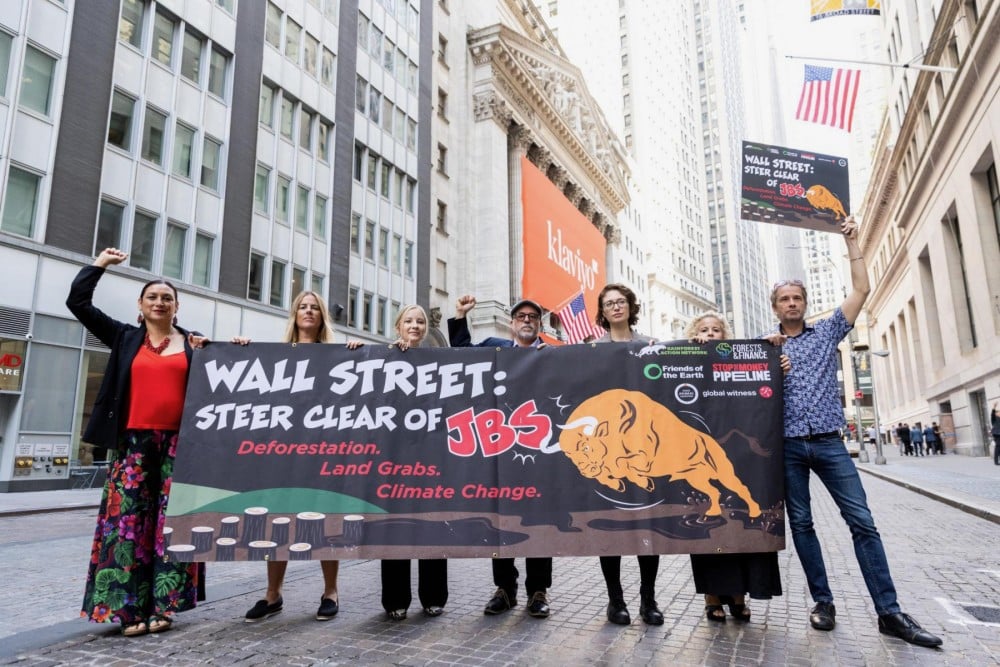No More Aquariums in Miami
Miami Seaquarium has closed, but developers and the city government want to build a new aquarium that will still offer interactions with animals. Sign our petition to stop the new aquarium.

Animals need your help. Humans exploit animals for profit, consume them, wear them, and keep them captive to perform for entertainment. But at what cost?
Join the millions of people calling for an end to animal suffering once and for all. Keep scrolling to learn how you can make a difference for animals today.
Miami Seaquarium has closed, but developers and the city government want to build a new aquarium that will still offer interactions with animals. Sign our petition to stop the new aquarium.
Join us in demanding Six Flags release Joyce and the other elephants to sanctuaries and close its elephant exhibit for good.
Your voice is urgently needed! Send a message to your New York City councilmember and ask them to support a prohibition on the sale of birds in pet stores.
Urge corporations to remove animal suffering from their business models.
It’s time for the two biggest pet retailers in the US to recognize that animals aren’t products and exit the cruel wildlife trade. Urge PetSmart and Petco to end animal sales.
Help us stop emerging travel company GetYourGuide from selling tickets to cruel venues where dolphins, elephants, and monkeys are exploited for profit.
Demand progress by contacting your legislators on behalf of animals with one easy virtual form.
The Captive Primate Safety Act would prohibit the private possession of primates, protecting these sensitive, intelligent animals from exploitation and abuse.
The Mink VIRUS Act would end mink farming in the US, create a one-year phaseout for mink farms, and establish a grant program to help operators transition out of the industry.
Local change matters, which is why we need your help! Make a difference by cutting off a major supplier of wild animals—pet stores.
The Expanded Food Safety Investigation Act would allow the FDA access to factory farms to conduct microbial sampling while investigating public health concerns.
Don’t let the octopus farming industry take hold in the US. For once, we have the chance to stop animal cruelty before it starts.
Learn ways to adopt an animal-friendly lifestyle.
Each year, millions of wild animals are captured from their natural habitats or bred in captivity just to be kept as pets. But wild animals can’t thrive in human homes.
If you’re going on a trip, remember the Wildlife Selfie Code. Only take photos if you’re a safe distance from an animal, they can move freely, and they’re in their natural home.
Change your plate. Change your community. Change the world.